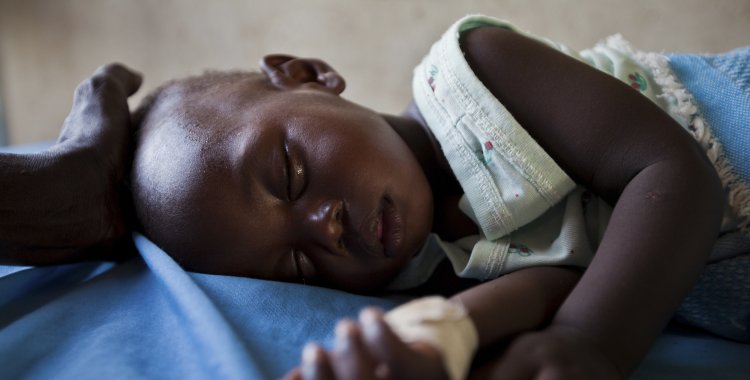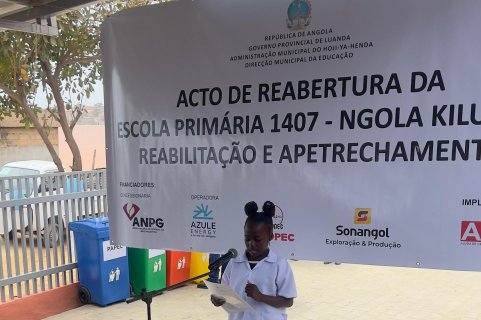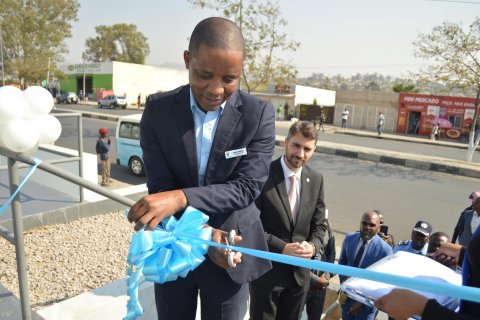The partnership that supports the elimination of the Gambian form of human African trypanosomiasis (THA) – gathered in the Trypa-NO! program, led by FIND, associated with the French National Institute of Research for Sustainable Development (IRD) and the School of Tropical Medicine of Liverpool (LSTHM) – received 6.8 million dollars from the Bill & Melinda Gates Foundation and grants from the Swiss canton of Geneva which bring the total amount of funding above 7 million dollars and guarantee three more years of life for the project, according to with a statement released this Tuesday.
The Trypa-NO! partnership, launched in 2016, is based on a combination of efforts to eradicate sleeping sickness through the integration of diagnosis, treatment and control of the tsetse fly, in countries such as Chad, Ivory Coast, Guinea-Conakry and Uganda, a strategy that will be extended from the beginning of this year to Angola, Central African Republic, Sierra Leone and South Sudan.
"Additional funding from the canton of Geneva will also allow the continuation of support to national elimination programs in the Democratic Republic of Congo (DRCongo) and in Angola", highlights the statement from FIND, a global non-profit group that links countries and funders to encourage diagnostic innovation within national health systems.
Over the past two decades, the World Health Organization (WHO) has placed the elimination of HAT among its top priorities. The disease, transmitted by the bite of the tsetse fly, can be fatal if ignored and untreated.
THA is endemic in 36 countries in sub-Saharan Africa and mainly affects people living in remote and rural areas, which makes monitoring the disease a challenge.
The disease eradication strategies implemented since the beginning of the century have resulted in a "drastic" decrease in the number of cases, from an estimated 30,000 infections to less than 1000 annual cases since 2018, particularly in West and Central Africa, where it is found the Gambian form of the THA, and made its elimination "a realistic objective", according to the statement.
Support for Trypa-NO!, announced this Tuesday, World Day for Neglected Tropical Diseases, will ensure that "more countries can benefit from adapted elimination strategies that use the most recent tools developed for diagnosis, treatment, vector control and disease management data", underlined the partnership's coordinator, Sylvain Biéler, quoted in the declaration.
Andrew Hope, director of the Tiny Targets program at LSTM underlined that "the elimination of sleeping sickness as a public health problem in Côte d'Ivoire and Uganda has been a huge success for the partnership" and the next phase "is critical to ensure that these gains are sustained and that we continue to move towards elimination in other affected countries".







